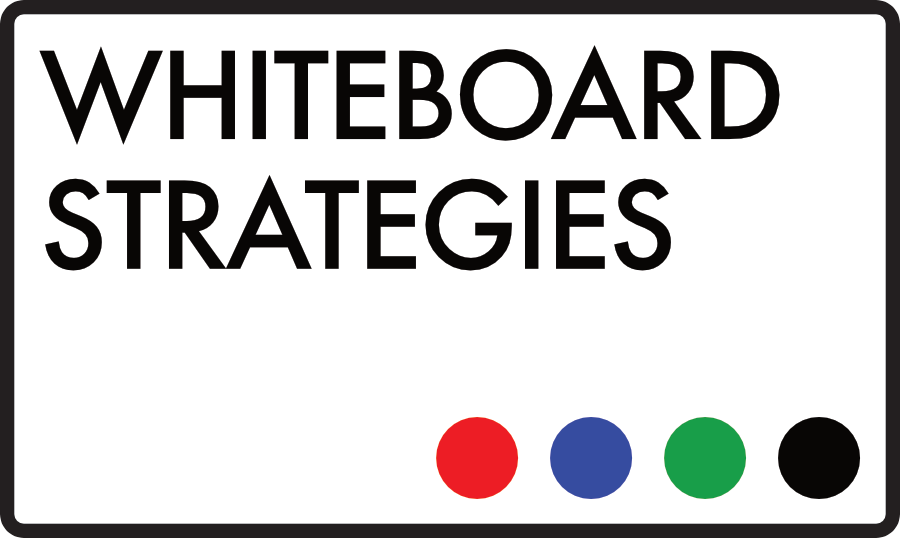Recently a contact on LinkedIn shared his most liked, shared and commented on status update ever – a picture of himself looking tired, captioned “f*ck me, this has been a hard week“.
How many times have you sat in meetings while marketers talk about #relatablecontent? This was as relatable as it gets, and people responded to it. It started conversations, brought old contacts out of the woodwork. It was funny and honest. It stood out in the bland, over-polished world of LinkedIn.
And then he deleted it, after the company whips from HR stepped in.
A few days later he posted a generic company marketing graphic, complete with inspirational quote about the business. Global designed it, A/B tested it, rolled it out… and no one cared about it. He got one ‘like’ – from a colleague… who had posted the same boring graphic the day before.
B2B sales organisations operating at scale are terrified of complaints, bad press and backlash. Terrified of an employee using a swear word in a LinkedIn post, even if the post creates interactions that could lead to sales.
The result is heavy handed management of employees’ social media profiles, whitewashing any individuality or sense of humour and replacing them with generic marketing collateral. Employee profiles are ending up as platforms for the same impersonal messaging that is splashed across billboards and underground platforms.
But people buy from people – sales are made P2P. Surely this tight reign is killing social selling for a lot of sales people – and costing these organisations big money? Tell us what you think over on the Whiteboard Strategies Linkedin page now, we’d love to talk.
Want more free insight direct to your inbox every month? Use the newsletter sign up form in the footer of this page, and don’t forget to connect with Mark on LinkedIn to talk socializing and sharing, whiteboarding, visual comms and more.
– Tom @ WSL

Recent Comments